A SALUTE TO GLOBAL METAL APOCALYPSE ON THEIR 10TH BIRTHDAY
The concept of applying a more inclusive standard to how we look at music scenes is hardly anything new, but in the world of metal, the historical examples are few and far between. There are protagonists here in the West who’ve sought to connect the dots, elevate the artists, and acknowledge the music so frequently overlooked deserve acknowledgment.
One such hero is Rhys Stevenson of Global Metal Apocalypse, which - to our graying dismay - has just turned ten years old. Of course Rhys is no stranger to us, having made a massive contribution to our very first event back in 2019, ensuring that 80 bands from 80 countries were represented. And so it’s with great pleasure that we sat down with him to discuss the story behind Global Metal Apocalypse, and what keeps him going.
Enjoy the interview and the playlist.
Rhys, first off, congratulations - why, Apocalypse?
Apocalypse means revelation. Contextualize that with global metal music and you get the Global Metal Apocalypse – a revelation on a global scale. My Global Metal Apocalypse blog is celebrating its tenth anniversary. Inspiration for the blog emanated from the metal documentary Global Metal, my passion for global cultures and metal music. This blend resulted in a decade of seeking and finding metal scenes even in the unlikeliest of places on planet Earth, all documented in the GMA blog and now a YouTube playlist to celebrate its tenth anniversary.
Why do you think looking further afield is so important?
It's fair to say that much of what established metal scenes throughout metal music history experienced is what the younger scenes are currently experiencing, except on a far harsher scale. Bands in established scenes have facilities at their disposal, but bands in lesser-established scenes like Angola, Zimbabwe or Solomon Islands do not, simply because there is little-to-no infrastructure (industry personnel and venues not understanding metal). Gabon's Iron Sliver for example founded their scene after listening to metal on YouTube. This is why the industry personnel in established scenes should pay attention to these bands – too often these bands / scenes are overlooked. There is a wealth of talent out there, but they are simply one voice being drowned out by the cries for the next Scandinavian metal band, for example.
What are the unique challenges that you feel distinguish some of these bands from, say, the ones we’re more familiar with seeing reported?
Some metal scenes emerged in the aftermath of war, conflict and political upheaval – examples include the Angolan civil war, the ousting of Indonesian president Suharto, vast swathes of the Middle East and North Africa, not least in part due to censorship or accusations of Satanism. At one point Iran cracked down on metal vocals, Moroccan metalheads were jailed, some beaten up, Lebanese metalheads had their hair cut off and accused of blasphemy by the authorities. This has since improved, with Saudi Arabia's Creative Waste playing their first open-air home concert, Tunisia's government recognizing Myrath's achievements and Israel's Orphaned Land and Palestine's Khalas playing together. Overarching this is the unimaginable chaos in countries like Afghanistan, Syria and Iraq, where respective bands District Unknown, Maysaloon and Sodomophilia played metal music whilst under shellfire.
Metal has transgressed into the mainstream realm with Turkey's maNga, Hungary's AWS, Georgia's Eldrine, Finland's Lordi, Teräsbetoni and recently Finland’s Blind Channel all entering the Eurovision Song Contest. Some musicians and bands have gone beyond music... Gojira for example are advocates of challenging global warming, Chthonic's Freddy Lim is an elected politician and Iron Maiden's Bruce Dickinson helped Air Djibouti get back in the air again through business means.
Metal has emerged in the remotest of locations, such as French Polynesia (right in the middle of the Pacific Ocean), Greenland (Arctic Spirits pioneering 'Inuit Metal'), the Galápagos Islands (Hiddenland), Guam (Surrender The Thief), Solomon Islands (Sons of Solomon) and small places like Monaco (Black Knight Symfonia), San Marino (Necrofilia), the disputed territory of Northern Cyprus (Amethyst) and the Falkland Islands (Bloodrust) among many others. It's time for metalheads to show greater support for bands on the farthest reaches of the planet.
How has global metal been affected by the Covid crisis, and tell us about this amazing playlist you’ve put together.
The Covid pandemic brought the global music industry to a halt, relegating the music scene to the margins when countless lives are being lost on a seismic scale. Yet it is music that brought the world closer together in the darkest hours. It’s the spirit of humanity. The language of music has spoken the loudest to people, wherever they are in the world.
I wanted to capture that in curating a global metal YouTube playlist for GMA’s tenth anniversary. Putting the list together wasn't easy. Ironically, it was easier for Mali with only one known band (Shine) and harder for Finland with so many to choose from. Ultimately the playlist is meant to show that metal is a music genre that knows no socio-cultural boundaries and has brought a feeling of togetherness across time zones.
I leave you with a quote by Sam Dunn, the director and anthropologist behind Global Metal:
“Metal connects with people, regardless of their cultural, political or religious backgrounds. And these people aren't just absorbing metal from the west; they're transforming it, creating a new outlet they can't find in their traditional cultures, a voice to express their discontent with the chaos and uncertainty that surrounds them in their rapidly changing societies. And for metalheads all across the globe, metal is more than music, more than an identity. Metal is freedom, and together, we are now a global tribe.”
Listen to the Global Metal Playlist HERE


